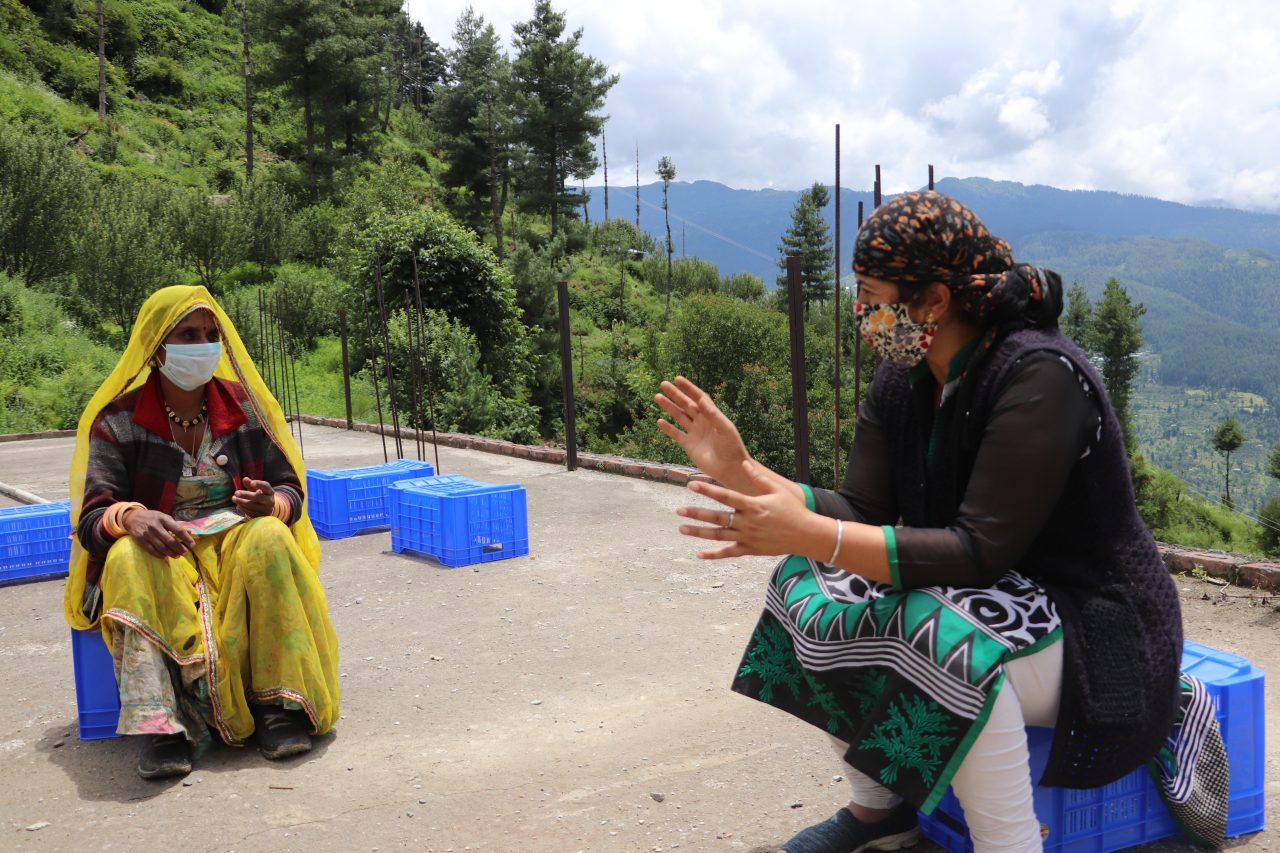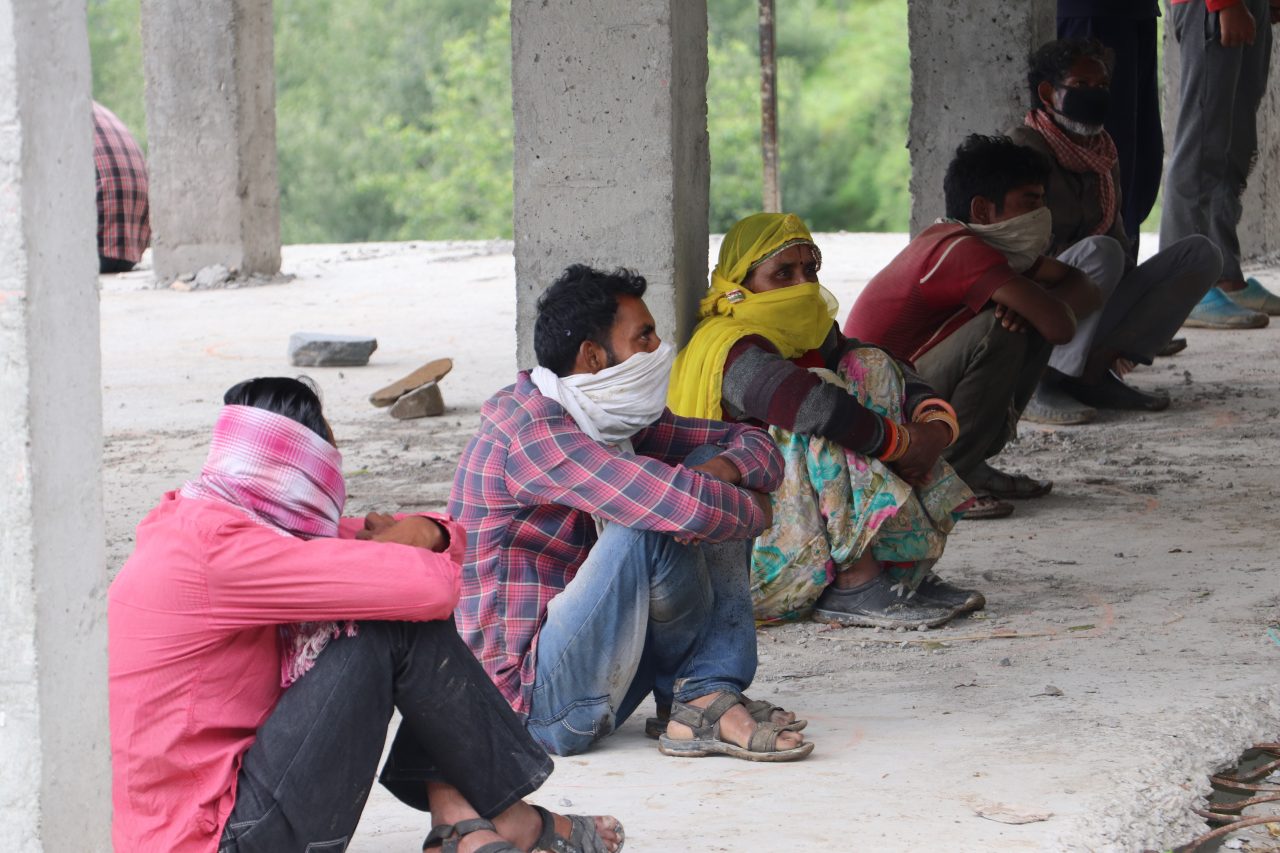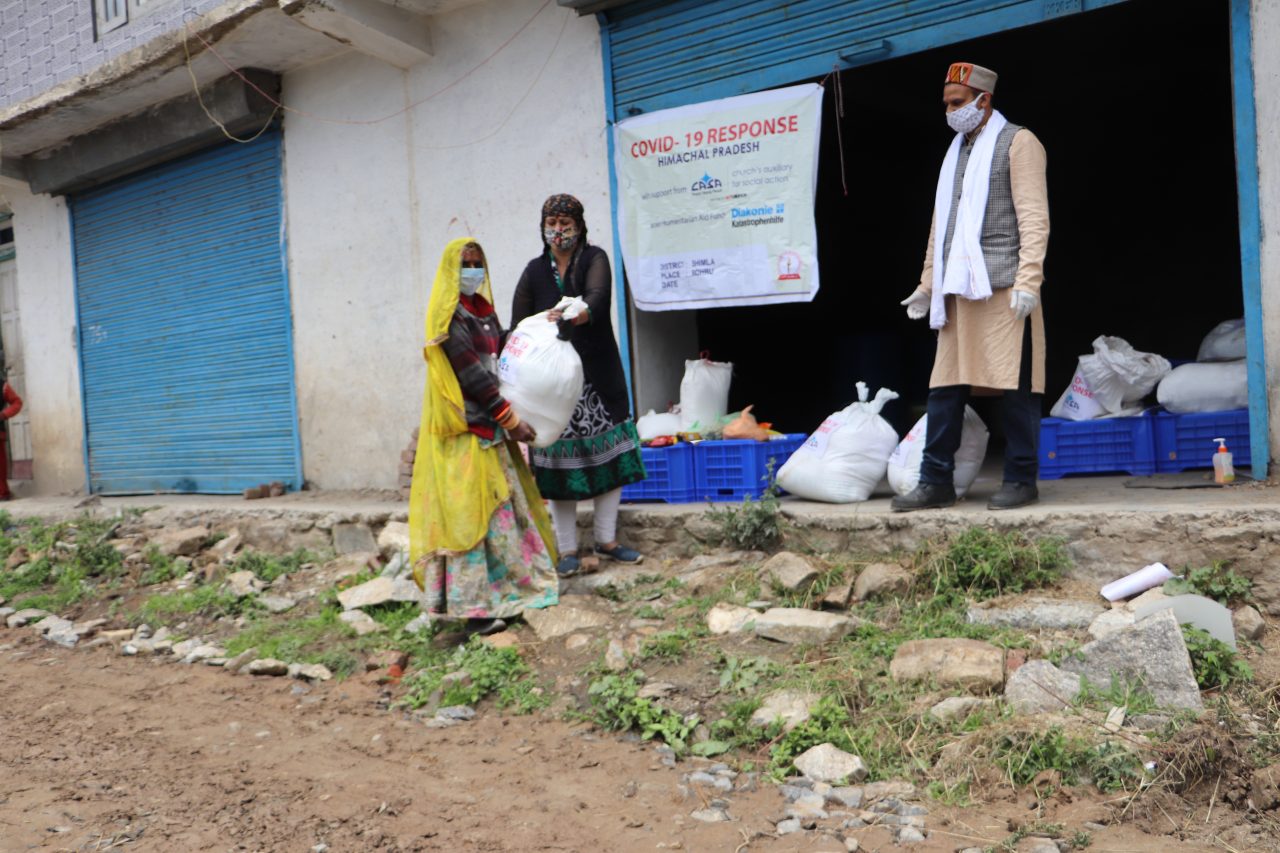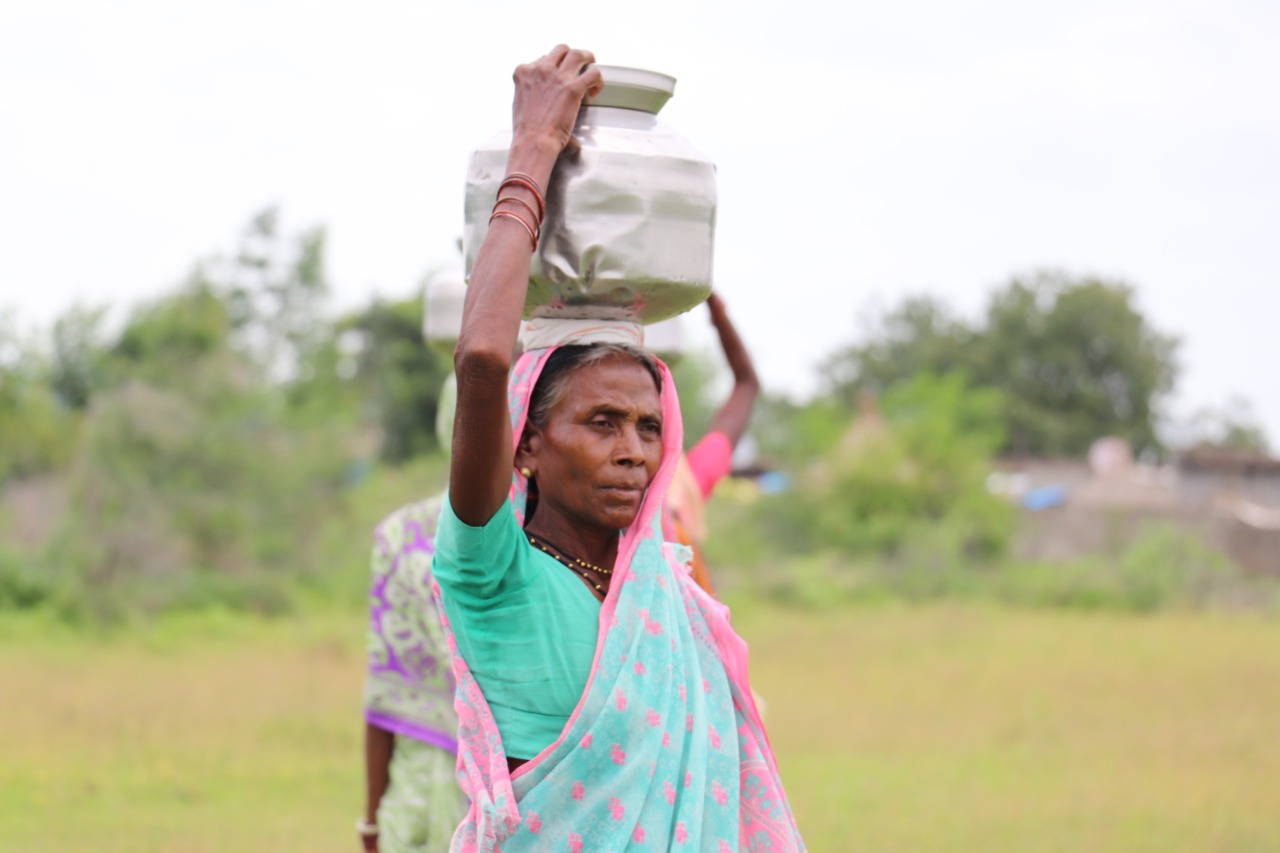The lockdown imposed due to the COVID-19 Pandemic has uncovered the latent class inequalities prevalent in the country. It has brought forth the living conditions of many people, each replete with its challenges and trials.
Janki Devi is a 43-year-old migrant worker. Originally hailing from Jodhpur, Rajasthan, she along with her family migrated to Bosari, Rohru in Himachal Pradesh, around 20 years ago, in search of better living conditions and work opportunities.
Her family led a hand-to-mouth existence and relied on doing seasonal work such as working in apple orchards, digging wells, clearing paths of rocks, making hosiery materials, etc. to make ends meet. Work, though variable, was sufficient enough to sustain the large family, consisting of elders, sons, and daughters. The variability of work prompted the younger generation of the family to move to nearby places, thus, affecting their education.
The current Pandemic has affected over 40 million internal migrants across the country according to the World Bank. Loss of livelihood in the host state has forced many migrants to return home.
A majority of the migrants returning to their villages are temporary migrants, i.e. they migrate to other places on a seasonal basis and for a short period. However, permanent migrants move to other places on a long-term basis and thus have been living in their place of occupation for many years.
It is the permanent migrant population consisting of people like Janki Devi who face a dilemma; having cut ties from their home state years ago, they have no choice but to stay put during this time.
This year’s pandemic has created a shadow of ambiguity in their lives. “In the many years that I have lived here, this is the first time that I am facing such difficulties. This is something new and unexpected.”
Life during the lockdown is full of adversities for them. “Work is hard to come by in the lockdown. Basic items like food and clothes were becoming scarce for us.” Having no savings, the family lived in deplorable conditions.
This was until CASA reached out to the family. “The volunteers present here asked us whether we needed help. They promised to help us and they did.”
Under the COVID-19 Response Programme, she was provided dry ration in exchange for voluntary labor. CASA provided her dry ration support and CASA’s partner organisation Education Society for Information Technology (ESIT) provided her daily wage work of digging and clearing roads in nearby villages.
“The ration items provided to us have helped lessen our difficulties for some time,” says Janki Devi. She is hopeful that the present conditions will change in the future for the better.
CASA is working relentlessly for the upliftment of the various stratum of the society that has been severely affected by the Pandemic. It’s ‘Kaam ke badle Anaaj’ initiative, wherein the affected get dry ration aid in the return of voluntary labor, has allowed in preserving the dignity of the migrants receiving the aid and has also resulted in the betterment of many areas in which physical work has been carried out by the migrant workers. CASA aims to widen its outreach, impacting many more such lives.




 Previous Blog Post
Previous Blog Post 



